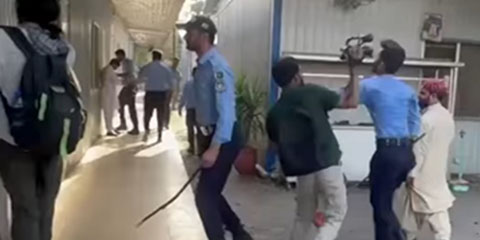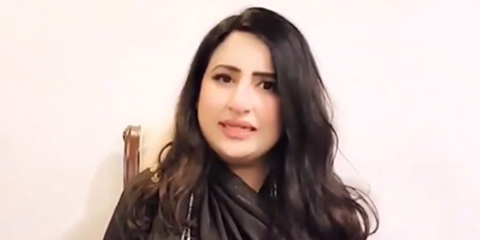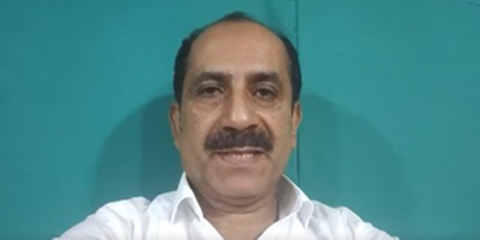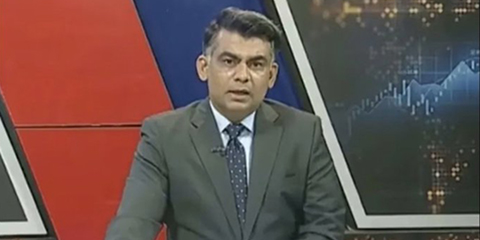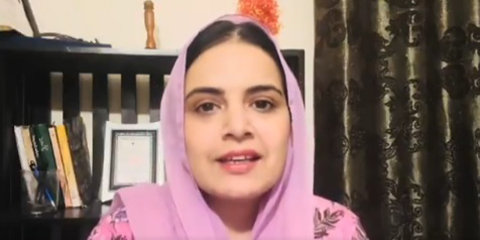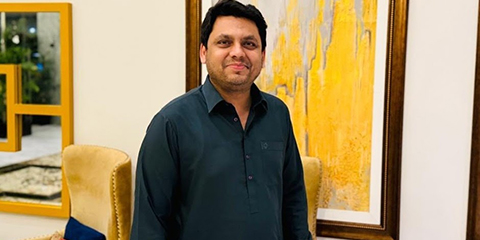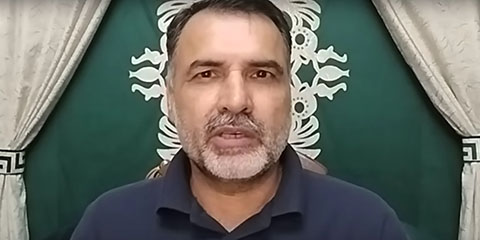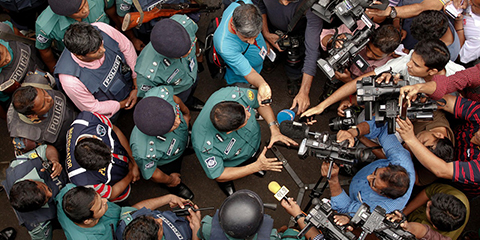Freezing Meher Bokhari’s account: What Pakistan’s clampdown on journalists really aims to achieve
JournalismPakistan.com | Published 3 months ago | JP Staff Report
Join our WhatsApp channel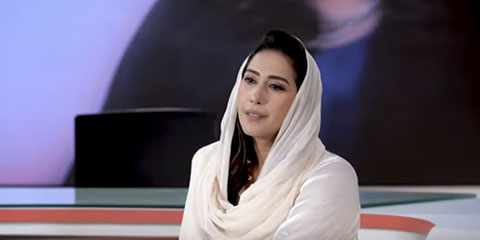
ISLAMABAD — The freezing of journalist Meher Bokhari’s bank account has sent fresh shockwaves through Pakistan’s media industry, raising serious questions about state policy toward independent journalism. Bokhari, a seasoned anchor and spouse of veteran broadcaster Kashif Abbasi, discovered her account frozen on the orders of the Federal Investigation Agency (FIA).
The move comes amid a troubling pattern. Abbasi himself remains grounded by a no-fly list and was taken off air by ARY News earlier this year after criticizing the 26th Constitutional Amendment and questioning the legitimacy of the February 8, 2024, elections and more. “My wife went to the bank today and was told her account is frozen. My name has been on the no-fly list for months. This is absurd—have we lost our citizenship rights?” Abbasi wrote on X (formerly Twitter).
A Wider Pattern of Silencing
Bokhari is reportedly the second female journalist after Samina Pasha whose financial autonomy has been curtailed. Pasha revealed last week that her account was frozen by the National Cyber Crime Investigation Agency (NCCIA). In her words: “Speaking the truth comes at a cost. We were first made jobless. Now the state is using new tactics to silence us.”
The crackdown is not isolated. Journalists across Pakistan have faced bans, dismissals, and exile for challenging entrenched power structures. In August 2022, ARY News terminated Arshad Sharif just weeks before his tragic assassination in Kenya, a move widely believed to be politically motivated. Similarly, Hamid Mir was suspended from Geo News in May 2021 after voicing support for assaulted journalist Asad Toor, echoing previous clampdowns from the Musharraf era.
The Mechanics of Control
Media analysts argue that freezing bank accounts, blocking travel, and manipulating employment are part of a systematic pressure campaign. By restricting financial independence and mobility, the state seeks to make outspoken journalists rethink their editorial lines. This represents an escalation from traditional censorship, moving beyond bans on programs to direct personal and financial targeting.
The message is clear: dissent comes at a personal cost. The result is a chilling effect, with many journalists opting for self-censorship or leaving the country altogether. Figures like Sami Ibrahim have been sidelined, while others such as Moeed Pirzada, Ahmed Noorani, Sabir Shakir, and Wajahat Saeed Khan have chosen exile.
What the Authorities Want
At its core, this strategy appears to serve two objectives:
Control the Narrative: By sidelining dissenting voices, especially those questioning elections, human rights abuses, and constitutional changes, the state ensures a sanitized media landscape.
Send a Warning: Each high-profile case, from Sharif to Abbasi and now Bokhari, serves as a cautionary tale to others in the profession.
Yet the approach risks long-term damage. The erosion of press freedom not only undermines Pakistan’s democratic credentials but also signals to international watchdogs that freedom of expression is under siege.
A Test for Pakistan’s Fragile Democracy
The freezing of Meher Bokhari’s account is not just an isolated administrative action; it is emblematic of a deeper struggle over who controls the national narrative. For Pakistan’s fragile democracy, the stakes are high. Journalists, once considered the fourth pillar of the state, are increasingly being treated as adversaries.
The critical question remains: can a democracy truly function if its journalists are silenced through fear, intimidation, and financial strangulation?




